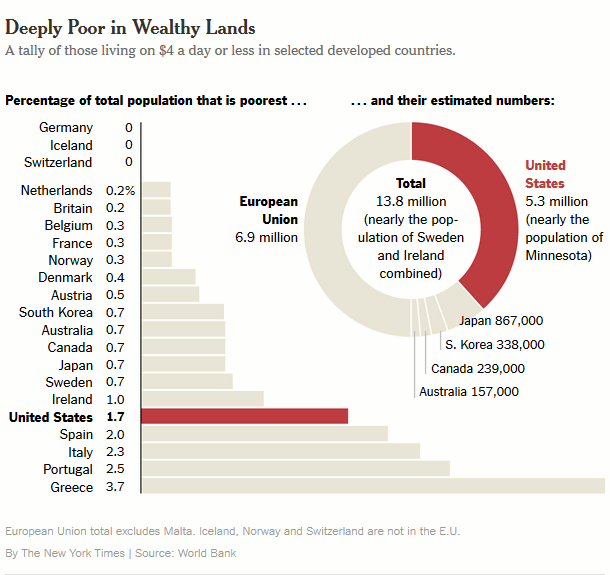Source: How to fix modernity’s Godzilla problem
Humans are dominant as a species because they can carry the power of scale from the biological into the social realm.
In our relationships with one another, we have evolved from being citizens in more or less organized communities with institutions of collective solidarity to “taxpayers” and lobbyists of the self on “political markets.” By greatly valuing individual freedom over mutual responsibility, liberal-minded leaders not only unleashed new growth, but also turned the chasm between material inequality and political equality into a vicious force: if we are to accept a decision that goes against us, we must see ourselves as part of a group whose decision this is. When we lose this consensus, every collective decision we do not benefit from infringes upon our freedom and needs to be fought.
The biggest flaw of modern market societies is that they channel most of their energy into growth, hoping for maintenance to take care of itself. … A renewed focus on the constant process of entropy and decay and the work that is needed to halt it is a promising opening not just for new research programmes, but also for those who reject the Hobson’s choice between progressive neoliberalism and the new authoritarian populism. Different as they are, both political movements are about deconstruction, about tearing down structures of hegemony. And, both in their own ways turn a blind eye to the constructive side of our modern heritage: science, reason, humanism and universal principles of freedom, equality and justice.
Populists often conflate the work of maintenance with putting something back into its original state. But in dynamic systems it is much more than repairing the “wear and tear”; it is about redesigning and rebuilding society’s supporting structure.
blue whales are not just scaled-up microbes; Tesla cars are not just bigger horse carriages; and cities are not just scaled-up medieval villages. They are the result of ingenious solutions to the Godzilla problem.
